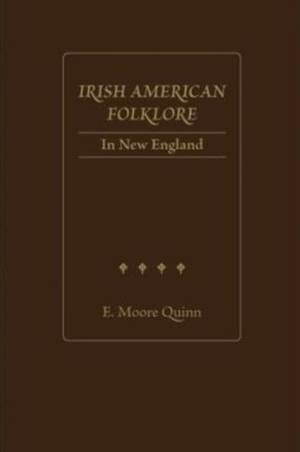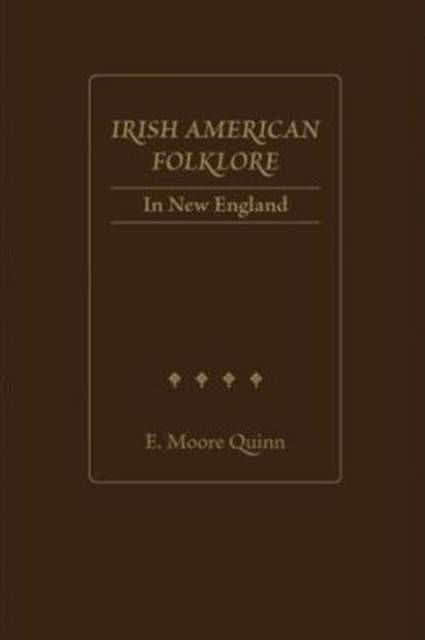
- Afhalen na 1 uur in een winkel met voorraad
- Gratis thuislevering in België vanaf € 30
- Ruim aanbod met 7 miljoen producten
- Afhalen na 1 uur in een winkel met voorraad
- Gratis thuislevering in België vanaf € 30
- Ruim aanbod met 7 miljoen producten
Zoeken
€ 97,95
+ 195 punten
Omschrijving
Informed by analysis from classic and state of the art folklore scholarship, anthropological poetics, ethnic studies and recovery research on the Great Irish Famine(1845-1852), this scholarly monograph serves as a collection and analysis of "as-remembered" Irish-American folklore from New England and as such is an unparalleled study of Irish-American historical memory. The primary research materials have been gathered from the descendants of Irish-born emigrants who settled in New England after 1845. Many of the informants have a heritage of mentifact (or verbal art), sociofact (or behavioral tradition), and artifact (or remains of a material culture) Scholars will have at their disposal a detailed study of Irish verbal art by which to understand how certain characteristics of an ethnic group's consciousness have been defined and replicated in practice over time. Types of Famine-related and post-Famine folkloric forms continue to define aspects of Irish American ethnic consciousness. The massive psychic trauma of Famine and flight as well as the lively traditions of song and storytelling provide a rich cultural resource to the investigator. And this research is at last available to other researchers and students of the social sciences
Specificaties
Betrokkenen
- Auteur(s):
- Uitgeverij:
Inhoud
- Aantal bladzijden:
- 418
- Taal:
- Engels
- Reeks:
Eigenschappen
- Productcode (EAN):
- 9781930901827
- Verschijningsdatum:
- 15/02/2009
- Uitvoering:
- Hardcover
- Formaat:
- Genaaid
- Afmetingen:
- 157 mm x 234 mm
- Gewicht:
- 793 g

Alleen bij Standaard Boekhandel
+ 195 punten op je klantenkaart van Standaard Boekhandel
Beoordelingen
We publiceren alleen reviews die voldoen aan de voorwaarden voor reviews. Bekijk onze voorwaarden voor reviews.











